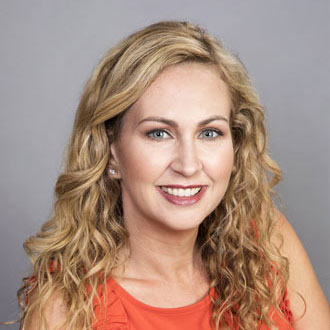
How to Dispute a CDTFA Audit Finding
If you’re a California business owner who recently underwent a California Department of Tax and Fee Administration (CDTFA) audit, you may not be pleased with the result. The CDTFA is known for its distinctive sales tax audits and generally reviews San Francisco retailers who sell items at a retail price and the tax calculation is based on the gross receipts obtained from the retail sales. If you received an assessment that you believe is incorrect, it’s important to understand that you have options. The CDTFA offers an appeals process that allows San Francisco business owners to dispute the findings. Here are the steps to take if you plan to dispute your CDTFA audit finding.
Step 1: Review the audit findings carefully. Once you receive the audit report, take the time to read it thoroughly, preferably with an experienced sales tax attorney. The report will include detailed information about the findings, the basis for the assessment and any penalties or interest due. Be sure to take note of specific errors or discrepancies, unclear assumptions and/or documents or transactions that may have been missed related to your San Francisco business.
Step 2: Gather documentation to support your appeal. It’s important to have the correct documents in place if you are disputing a CDTFA audit finding. Possible relevant documents may include sales records, purchase invoices, contracts, exemption certificates for nontaxable sales, bank statements, and accounting records that validate reported figures.
Step 3: File a petition for reconsideration. If you intend to formally dispute the audit finding, you’ll need to file a Petition for Reconsideration with the CDTFA. I recommend you work with an experienced California sales tax attorney to help you with this petition. It must be submitted within 30 days of receiving the Notice of Determination (audit findings). The petition should include a clear statement of your intention to dispute the findings, specific reasons for disputing each issue, and a list of documents you are submitting as evidence. Be sure to act quickly on this! If you do not submit the petition within the 30-day window, your assessment will be finalized.
Step 4: Attend a pre-appeals conference if offered. After reviewing your petition, the CDTFA may invite you to a pre-appeals conference. This meeting is designed to help resolve the dispute before it proceeds further in the appeals process. During the conference, your sales tax attorney will present your arguments clearly and focus on facts that address specific errors in the CDTFA’s findings.
Step 5: Attend an appeals hearing if necessary. If the pre-appeals conference does not lead to a resolution, you have the right to an appeals hearing. This formal hearing is conducted by the Office of Tax Appeals (OTA), an independent body that reviews disputes between taxpayers and the CDTFA. I highly recommend hiring an experienced CDTFA sales tax attorney to represent you. During the hearing, you’ll have the opportunity to present your case and the OTA will issue a decision based on the evidence provided by both sides.
Step 6: Consider alternative settlement options. In some cases, pursuing an offer in compromise (OIC) or installment agreement may be more effective than a full dispute. If you are unable to pay the full amount or have limited grounds for an appeal, the settlement options allow for negotiation on the assessed amount or a payment plan. A sales tax attorney can help you evaluate whether an OIC or installment agreement is the best course of action.
CDTFA audits are not easy to navigate. Make sure to maintain detailed records and present the auditor with any information they may need about your San Francisco business. Always work with an experienced CDTFA tax attorney who can help you see your way through the audit.
Allison Soares is a partner and tax attorney at Vanst Law LLP. It doesn’t matter the issue: audits, collections, appeals, international disclosures, grumpy people— Allison enjoys fixing problems. In addition to her legal work, she has worked in accounting and utilizes that knowledge to her advantage while handling cases involving EDD audits from San Francisco to San Diego.

